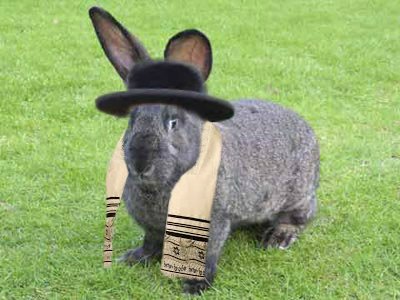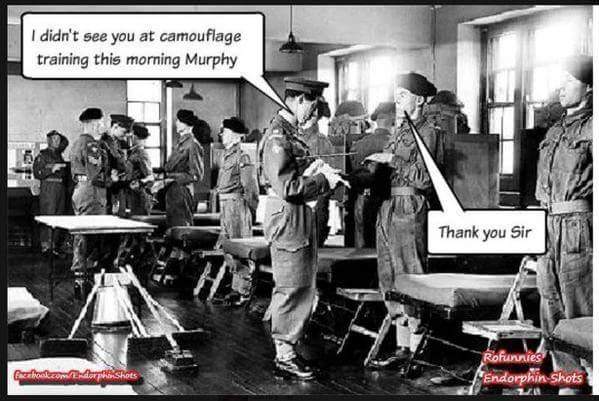Theory for theory's sake is usually the sole realm of pure blooded nerds within a given research field. Thus, much as I may go on about genre and much as I will insert a discussion of genre into well-nigh everything, I could not come up with sufficient students for a full-on genre theory course if my life depended on it. To make matters worse, there is at present no dedicated journal for genre research, so the field has an uneasy existence publication wise—having to recurrently insert itself into scholarly debates about other topics. It's doable, but it requires a fair bit of intellectual dexterity and all but excludes genre theory. Publication wise, Genre research thus exists mainly in individual articles and in topical anthologies. Many are excellent, but genre theory has a hard life fitting into these formats.
So, it's a rare and treasured moment when you get the chance to dive into genre theory with other researchers. The Canadian Journal for Studies in Discourse and Writing/Rédactologie graciously hosted a section of genre theory in its most recent issue (here), and I was even more graciously invited to participate. The occasion was an article by Anne Freadman (here) containing a response to Carolyn Miller's pioneering study "Genre as Social Action" (1984) (here).
If you are in the know about genre research, you'll see at once that this is one of the most interesting meetings you could ever establish. Both researchers belong in the category, I once called "Eminent women in genre research" and for good reason. Miller's article is usually seen as at least one of the central starting points for contemporary genre research. In my own article I try to frame her influence like this:
Carolyn Miller’s (1984) “Genre as Social Action,” the primary topic—or target—of Anne Freadman’s brilliant and thought-provoking article, holds a special place in genre research. If I pick up an unknown piece of research on genre, the first thing I do is look for Miller’s article in the bibliography. If it is not there, the text in my hand will probably be of little value to my work for lack of orientation. (161)
Anne Freadman on her side is a later influence, but it's not unfair to say that the last decade or so has seen a meteoric rise in her reception. If you read contemporary genre research her seminal concept "Uptake" is everywhere. So, if we see this as battle, it is a Clash of the (Genre) Titans. The exchange is everything you could possibly hope for. Freadman lucid, friendly, unexpected (as you would, paradoxically, expect from her) and completely to the point. Miller on her side (here) is brief, clear, and very good at knowing when to hold and when to fold.
This is all brilliant. I've known for quite a while that the exchange would come out, and I've been terribly excited to read the whole thing. But the Canadian Journal for Studies in Discourse and Writing/Rédactologie knew what they had and chose to go over and beyond, so they added three more articles—each a commentary on Freadman's original article. The two other commentators, Janet Githrow and Charles Bazerman, are both forces to be recognized in genre research with a long line of brilliant publications to their name. I'm not going to say very much about their contributions at this point as I'm only beginning to figure out what their place in the debate is. Suffice it to say that both contributions display the intellectual rigor and breadth of vision, I've come to expect from the authors. I will learn a lot from both, once I get my head fully around them (Gilthrow here, and Bazerman here as well as mine here). It is worth noting that we were only given Freadman's article, not Miller's response, and I think that was a prudent move because it took away the urge to adjudicate between the two.
Be that as it may. The whole section now reads not "just" like an exchange between two brilliant researchers, but as an exploration of the foundation and scope of genre research. There is food for thought for many a year ahead. I cannot congratulate the Canadian Journal for Studies in Discourse and Writing/Rédactologie enough for this section.




